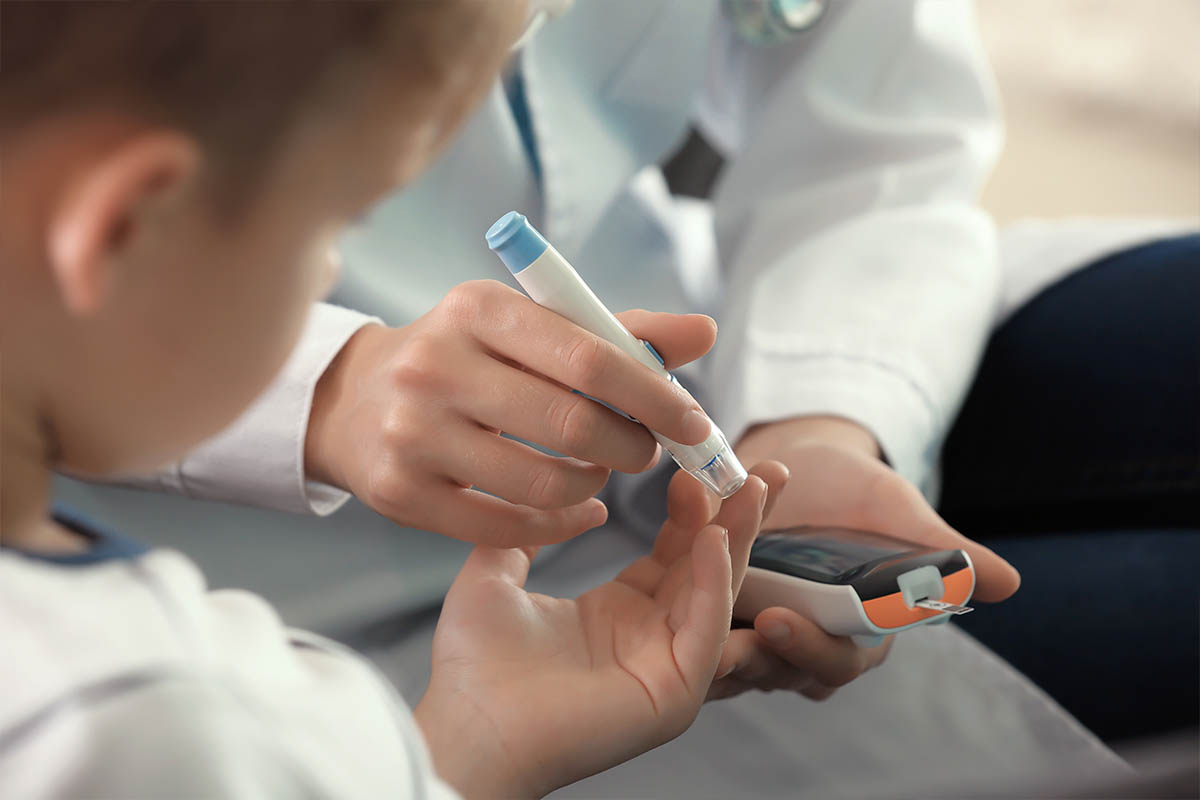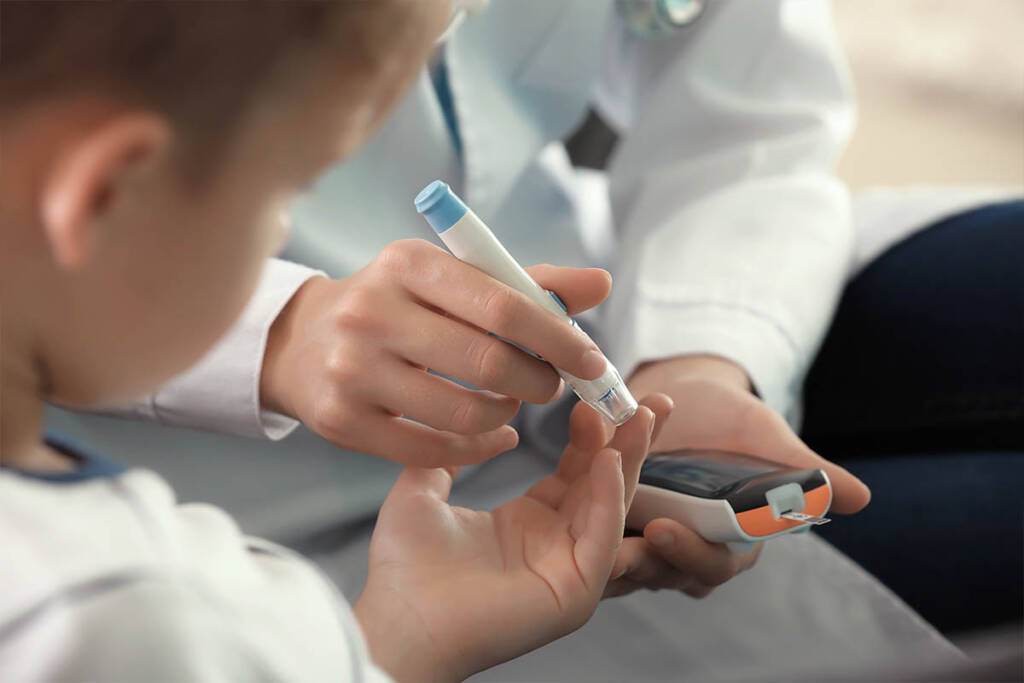Health
Childhood diabetes: what it is and what are the possible treatments

Childhood diabetes represents one of the most important chronic diseases of childhood: how to recognize it.
When we talk about childhood diabetes we mean a disease that affects children and can have different modalities. During childhood , the most common is type I diabetes, also known as insulin resistant.
It is in fact an autoimmune disease that leads the cells of the pancreas to self-destruct without doing their job. For this reason, those who suffer from it must necessarily take care of themselves and follow a healthy lifestyle .
Diabetes in children: how to recognize it
Symptoms of diabetes in children are fairly simple to recognize.

Among the main ones are:
– Thirst
– Frequent urination
– Weight loss
– Increased appetite
– Nausea
– Abdominal pains
– Blurred vision
– He retched
– Nocturnal enuresis
– Irritability
– Frequent skin infections
– High blood sugar
In the presence of the same (even if only some) it is always good to inform the attending physician in order to verify the possible presence of diabetes. This can initially be verified through blood glucose tests to which, if necessary, more specific ones will be added.
High blood sugar in children is in fact the first alarm bell for diabetes and can indicate both insulin-dependent and type 2 diabetes.
Childhood diabetes: causes and remedies
To date, no specific causes for diabetes have yet been found. However, it is thought that this may have genetic origins even if nothing is certain yet.
What is certain is that in the case of altered blood sugar levels it is essential to understand whether the child has type I or type II diabetes. The first is in fact the insulin-dependent one and requires insulin doses to be injected and which change according to age. A cure that must be followed for life and if carried out correctly it will allow normal growth and development. In the second case, on the other hand, a greater attention to nutrition may be enough to reduce the problem and no doses of insulin are needed.
It is good to remember that nutrition is important in all forms of diabetes and that, also to prevent it, it is important to avoid refined sugars from early childhood, teaching children how to eat and providing them with the right foods for a style of healthy life.
Riproduzione riservata © - WT











